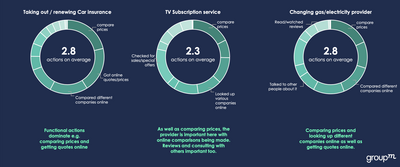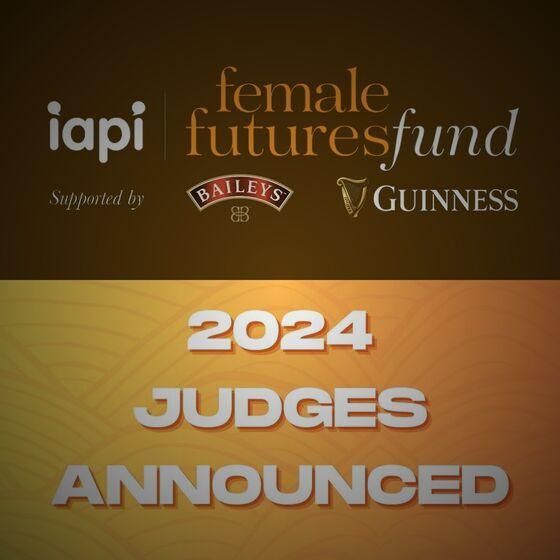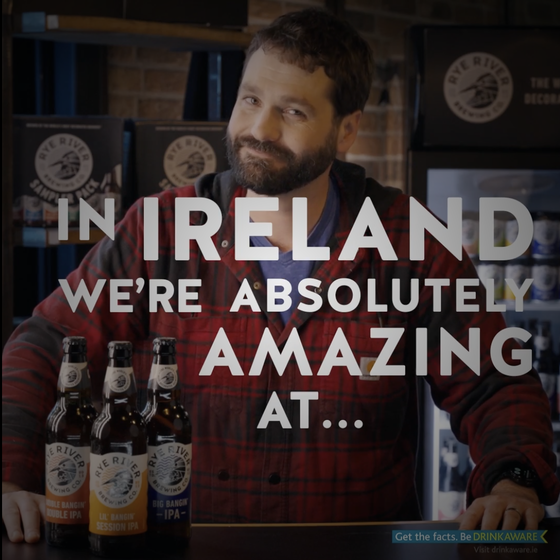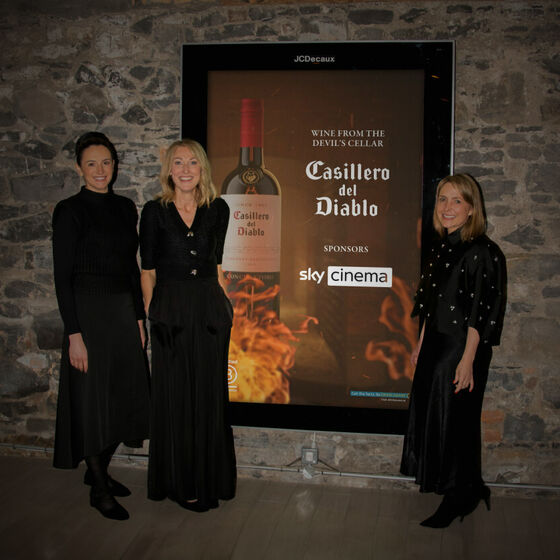With 93% of people saying they are more careful about how they are spending their money and more than three in four feeling a negative impact on their household as a result of the rise in the cost of living, the latest GroupM research study points to interesting findings about how different purchase categories are perceived and shopped at this time.
Despite all that is happening with rising costs and financial pressures, household spending decisions still need to be made and recent research from GroupM Ireland delves into how these decisions are being made.
While people are acutely aware of the rise in the cost of living and higher prices, actual costs are still above people’s already high expectations, especially when it comes to changing gas or electricity provider and the household weekly grocery shop. For 73% of people who have recently changed their gas or electricity provider, and for 55% of grocery shoppers, their latest spend on that purchase was more than they expected. On the other hand, cost of car insurance or a TV subscription service are more likely to be in line with people’s expectations. People are not feeling the pinch in the same way for all purchases and that will impact on how and where they spend their money.
Another significant finding from this study is that, even now, price or being ‘cheaper’ is not the main influence in every purchase decision. Respondents were given the choice of choosing a product or service that is ‘cheaper than others’ or ‘good value’ (among other influencing factors). In all purchase categories with the exception of changing gas or electricity provider, people don’t want cheaper - they want value. Value will differ from category to category and this research points to the importance for brands of knowing what value means for their customers. The findings indicate what value could potentially signify – for example with grocery shopping, after value people want familiarity; for a TV subscription service, after value people want quality, which could be in the form of better content or user experience.
“We wanted to use this research to show that, yes, people are feeling the impact of rising household costs but not all purchase journeys are the same within this context and there are opportunities for brands to better understand how these decisions are being made and communicate accordingly” said Eimear McGrath, Research Director at GroupM Ireland.
“Our study also examines the touchpoints people notice and find helpful within each journey – and we see how these differ dependent on the task in-hand. For example, when it comes to influencing our grocery shopping, TV is the lead touchpoint but we see in second place is the importance of retailer apps which have come to the fore with improved functionality in recent years. When it comes to TV subscription services, as you can imagine, people like to get recommendations from friends or family.”
Indeed, not all purchase journeys are the same and the research highlights the importance of considering the starting point for people in their purchase journey – people don’t think ‘brand’ as a starting point and it is generally not central to the decision-making process. Instead, routine brings people into the purchase journey, again with the exception of changing gas or electricity provider, where for 52% of people they were seeking a cheaper deal. After purchase decisions are made, one in four people within each category deemed their experience to be quite or very good.
But there is room for improvement for customers when it comes to changing gas or electricity provider with 16% of recent switchers rating their experience as very or quite poor. This compares to only 5% who recently took out or renewed their car insurance citing the experience as very or quite poor. According to Eimear, “there are clear pain points for people when it comes to certain household tasks like changing their gas or electricity provider. Nearly half who have recently switched said the journey was overwhelming, complicated, or stressful. 85% experienced frustrations during the process. While that is a high level of people feeling frustration, it’s not insignificant in other categories we covered too – with 60% of people who renewed or purchased a TV subscription service experiencing frustrations during the process. Brands need to identify these pain points and work to create better purchase journeys, especially at a time when people are more aware of how and where they are spending their money.”










